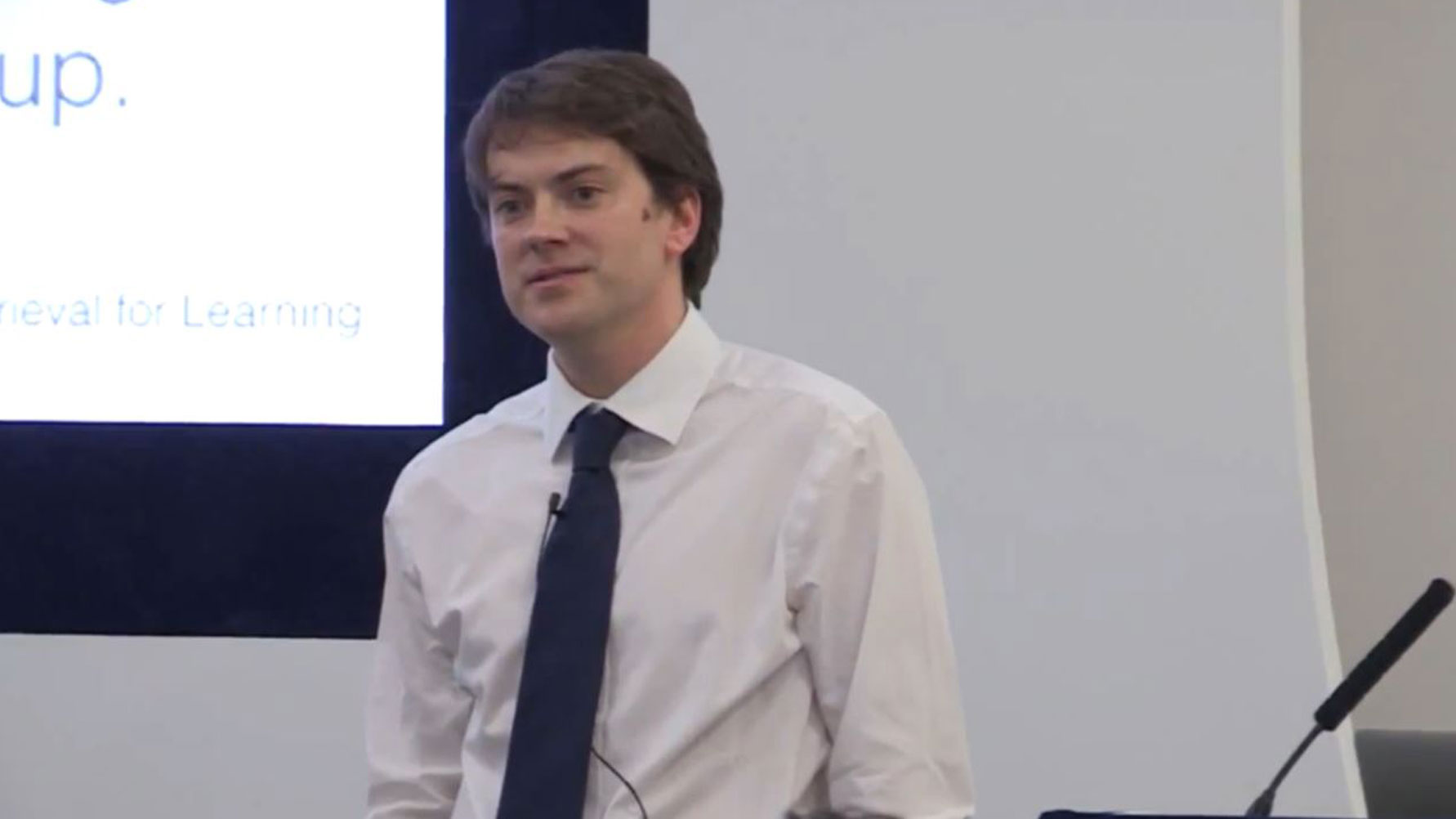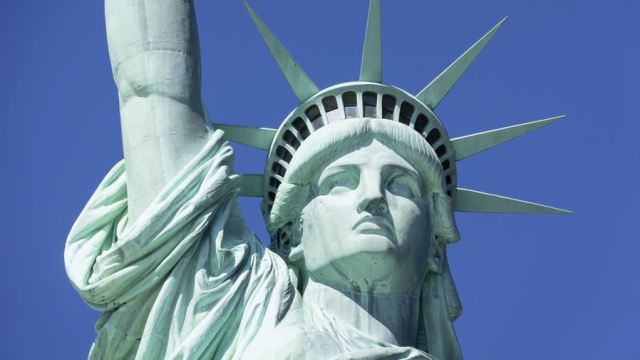Study: Teachers Believe Brain Myths that Hamper Their Lessons

An international survey of school teachers has found that the vast majority believe in myths about the brain — that a student is either left-brained or right-brained, for example — and that adapting their lessons to accommodate these myths can be harmful to a student’s education.
About half of all teachers surveyed from the UK, Holland, Greece, and China believed that humans only use 10 percent of their brains at a given time while 70 percent thought children were either right- or left-brained. The survey, which was conducted at the University of Bristol, UK, and published in Nature Reviews Neuroscience, calls for neuroscientists to communicate better with educators.
“The report highlights several areas where new findings from neuroscience are becoming misinterpreted by education, including brain-related ideas regarding early educational investment, brain plasticity, adolescent brain development, and learning disorders such as dyslexia and ADHD.”
One of the most persistent beliefs among teachers is that students learn better when lessons are tailored to their different learning strategies. And while repeated studies have classified individuals’ learning types as auditory, visual, and kinesthetic, there is no neurological evidence that children retain information better when it is taught to them using these different approaches.
“These ideas are often sold to teachers as based on neuroscience, but modern neuroscience cannot be used to support them,” said Paul Howard-Jones, author of the article, from the University of Bristol’s Graduate School of Education. “These ideas have no educational value and are often associated with poor practice in the classroom.”
The report calls for more transparent dialogue between scientists and educators. Perhaps it is even worth working toward a new field of study called “neuroeducational research.”
According to Psych Central, many educations still believe old myths like students needing to drink eight glasses of water to avoid their brains shrinking.
In his Big Think interview, astrophysicist Neil deGrasse Tyson argues that what students need most is engagement from teachers. Creating a real connection between teacher and student is enough to overcome learning gaps created by the small ways in which people’s mind may learn differently:
Read more at Psych Central.
Read more at Kurzweil AI.
Updated on Saturday, March 7, 2015.





